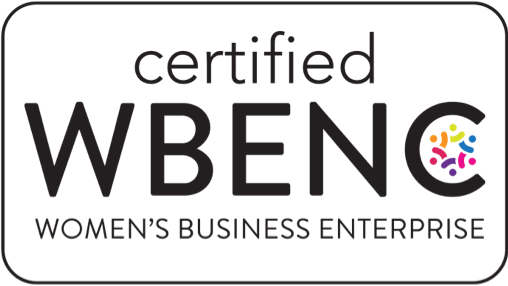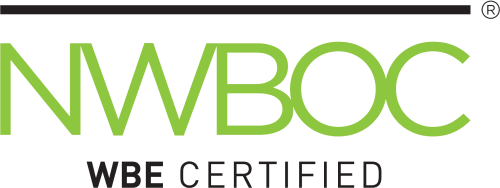New Eagle Hill research finds growing chasm on TV viewer preferences

Arlington, VA and Hollywood, CA, October 25, 2017 – New research from Eagle Hill Consulting reveals that shifting consumer preference trends are moving even faster than expected. There is a widening chasm when it comes to consumer preferences on viewing convenience versus quality, which presents major challenges for television executives.
In a new national poll, Eagle Hill found that most Baby Boomers still prefer a “traditional,” quality-focused viewing experience but Millennials are more likely to value convenience over quality. In fact, convenience is four times more important for viewers 18-34 than for those 55 and older. When looking across all age groups, the research found that nearly twice as many non-white survey respondents say they prioritize convenience over quality (36 versus 20 percent).
Both of these findings have major implications for TV technology strategy because Millennials have surpassed Baby Boomers as the nation’s largest living generation and the nation’s population is becoming increasingly diverse.
Download the new research, “Quality Versus Convenience: Straddle the Chasm in TV Viewer Preferences,” here.
“Perhaps the biggest challenge facing the TV technology industry is meeting the rapidly changing and broadening preferences of viewers,” says John McCoskey, industry lead executive for Technology, Media & Entertainment with Eagle Hill. “This quality versus convenience chasm presents a key strategic question for TV executives — how and where does a company invest when trying to meet the needs of myriad consumer segments with vastly different viewing habits and preferences?”
The research uncovered that for nearly 90% of all respondents, home remains the most popular place to watch TV. Compared to their parents, Millennials are nearly 20 times more likely to watch TV on the go. Millennials are also quite comfortable “cutting the cord”, with more than half (53%) reporting they most frequently watch online channels. Just 10% of those 55+ say online viewing is their top TV service.
This all matters from a business strategy standpoint because that average time per day watching video keeps increasing while traditional TV consumption continues to decrease.
“Much of the technology investment in recent years has been directed toward the quality side of the equation.” McCoskey explained. “The industry has been moving to Ultra-HD, high dynamic range, wide color gamut, high frame rate, and immersive audio – all serving to increase the quality of content. However, it’s a delicate balance between investments in video quality versus the expense of convenience. Keeping an equal focus on serving viewers where they want to consume content, often in environments where these quality enhancements just don’t matter. Companies that are thoughtful and strategic will find a way to straddle both—making investments that will pay off now and as trends evolve and accelerate,” McCoskey said.
A few approaches companies can consider as they try to straddle the viewing quality and convenience chasm:
- Get nimble and get moving. You don’t need all the answers to act, and you don’t have to start with a big bang. No matter where you are today, begin by getting your house in order: examine current workflows. Weed out duplicative processes. Find opportunities to simplify, consolidate and virtualize your infrastructure. Making your operations more efficient means you have more resources to devote to content—and position your organization for growth.
- Shift your business model. Still thinking of your organization as a broadcast, online and/or wholesaling business? Truth is, you’re in the content business. Your organizational culture needs to evolve to reflect that. Encourage people to think in new ways, embrace and manage change, ask tough questions and tackle complex problems. How would you build your business today if you were to start from scratch?
- Think about how you’re serving segments. Content is no longer a mass-market business. With diverse audiences, growing competition and an abundance of brands, content looks more like a consumer business. As you shape your organization, look to consumer industries for lessons in understanding and building relationships with customers. One possibility: appointing a Chief Segment Officer responsible for analyzing each segment’s needs and helping to craft the kind of viewer experience that delivers both quality AND convenience.
Eagle Hill Consulting LLC is a woman-owned business that provides management consulting services in the areas of business strategy, organizational transformation, human capital transformation, process improvement, program management and change management. Eagle Hill works with a range of public, private and non-profit organizations across the country with offices in the Washington, D.C. metropolitan area and in Seattle, WA. More information is available at www.eaglehillconsulting.com.

